Reviewed by Julianne Ngirngir
So, you've got a Galaxy phone in your pocket, and Samsung just dropped some fascinating intel about what apps you and millions of other US users actually downloaded this summer. But here's the thing — this data dump reveals way more than just trending apps.
What you need to know:
Samsung disclosed official download statistics for US Galaxy users this summer
Galaxy Store represents only 1% of all Android app downloads despite being available on 40% of Android phones
Samsung just slashed its revenue share to 20%, giving developers 80% of proceeds starting May 15, 2025
The company aims to bring Galaxy AI to over 100 million Galaxy users within 2024
Gaming still rules the Galaxy ecosystem
Let's break down what Samsung users are actually putting on their devices. Gaming apps continue to dominate the landscape, which shouldn't surprise anyone familiar with mobile trends. Gaming apps account for 56% of total downloads across all platforms, and Galaxy users are clearly following suit.
The numbers tell a compelling story about strategic priorities. Mobile apps generated over $935 billion in revenue in 2024, with games leading the charge at $20.4 billion in consumer spend compared to $17.7 billion for apps in Q3 alone. This isn't just about user preferences — it's validation for Samsung's hardware investments.
Take the Galaxy Z Fold6's 1.6x larger vapor chamber for gaming performance. When your users are gravitating toward resource-intensive games, you optimize accordingly. Samsung's mobile cloud gaming platform launched commercially in North America in November 2024, suggesting the company sees gaming as a strategic differentiator that could drive Galaxy Store adoption.
The Galaxy Store's uphill battle against Google
Samsung's app ecosystem faces a David-and-Goliath situation with serious business implications. Despite being available on Samsung devices worldwide — including 76% market share in South Korea — the Galaxy Store captures just a tiny fraction of overall Android downloads.
The company's fighting back with developer economics that could reshape competitive dynamics. While Google follows a 70/30 revenue share model, Samsung's new 80/20 split puts significantly more money in developers' pockets. This matters beyond simple math — it's about building developer loyalty when Epic Games charges only 12% on its platform.
The Epic settlement reveals another layer of Samsung's strategy. After Epic filed suit in September 2024 over Samsung's Auto Blocker feature restricting app distribution, the confidential settlement suggests Samsung is serious about platform openness. The Galaxy Store is available in over 180 countries and offers unique Samsung-optimized apps, but competing with Google's ecosystem requires more than just availability.
AI integration drives new usage patterns
Samsung's summer app data arrives at a pivotal moment for ecosystem transformation. The rollout of Galaxy AI features isn't just adding capabilities — it's fundamentally reshaping how users interact with their devices and potentially reducing reliance on third-party apps for core functions.
Galaxy AI includes comprehensive features like Chat Assist for message translation in 13 languages, Live Translate for phone calls, and Circle to Search integration. These native capabilities could explain shifting download patterns. Why download a separate translation app when your phone handles it seamlessly? Why install third-party productivity tools when Note Assist offers auto-formatting and summaries?
This represents a strategic evolution beyond feature additions. The broader AI app category is exploding: AI Chatbot and AI Art Generator apps combined for more than 360 million downloads and $315 million in consumer spend in Q3 2024. Samsung's native AI integration suggests users are gravitating toward apps that complement rather than duplicate built-in capabilities — a trend that could drive Galaxy Store differentiation through Samsung-optimized experiences.
What this means for Galaxy users going forward
Samsung's app disclosure isn't just corporate transparency — it's market intelligence revealing the company's blueprint for ecosystem evolution. The data suggests Galaxy users want seamless integration between hardware capabilities and software experiences, especially as foldable devices like the Galaxy Z Fold7 and Z Flip7 continue their record-breaking momentum.
Samsung's three-pronged strategy becomes clearer through this lens: developer-friendly revenue sharing to build ecosystem loyalty, AI integration to reduce third-party app dependence, and hardware optimization to support user preferences. With mobile apps projected to reach 299 billion downloads worldwide in 2025, Samsung needs to capture more than its current 1% share to remain competitive in the platform game.
For Galaxy users, this translates to a more cohesive experience where hardware features, native AI capabilities, and app ecosystem work in concert. The introduction of Galaxy AI to devices like the A56, A36, and A26 series signals Samsung's commitment to making these benefits accessible across price tiers, not just flagship devices.
The real question isn't what apps Samsung users downloaded this summer — it's whether Samsung can leverage this intelligence to build an ecosystem compelling enough to challenge Google's dominance. With foldable screens, AI integration, and 80/20 revenue splits, Samsung's making its move.
Sound familiar? That's because every major tech company is fighting the same battle for user attention and developer loyalty. Samsung's just doing it with unique hardware advantages and increasingly aggressive platform strategies.




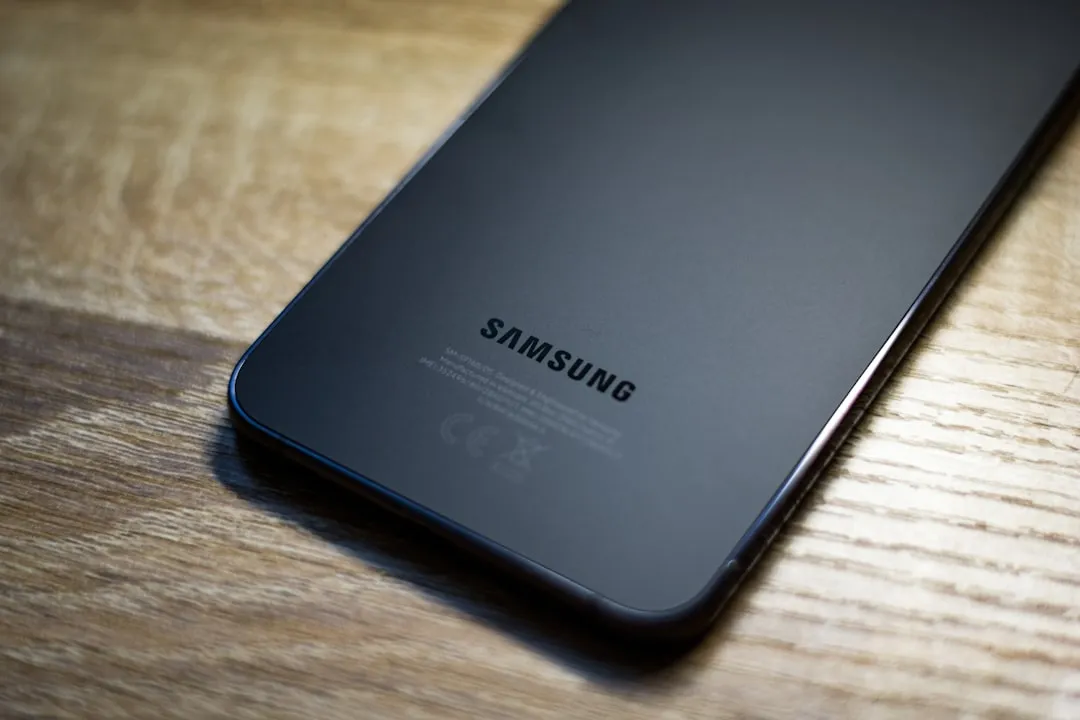
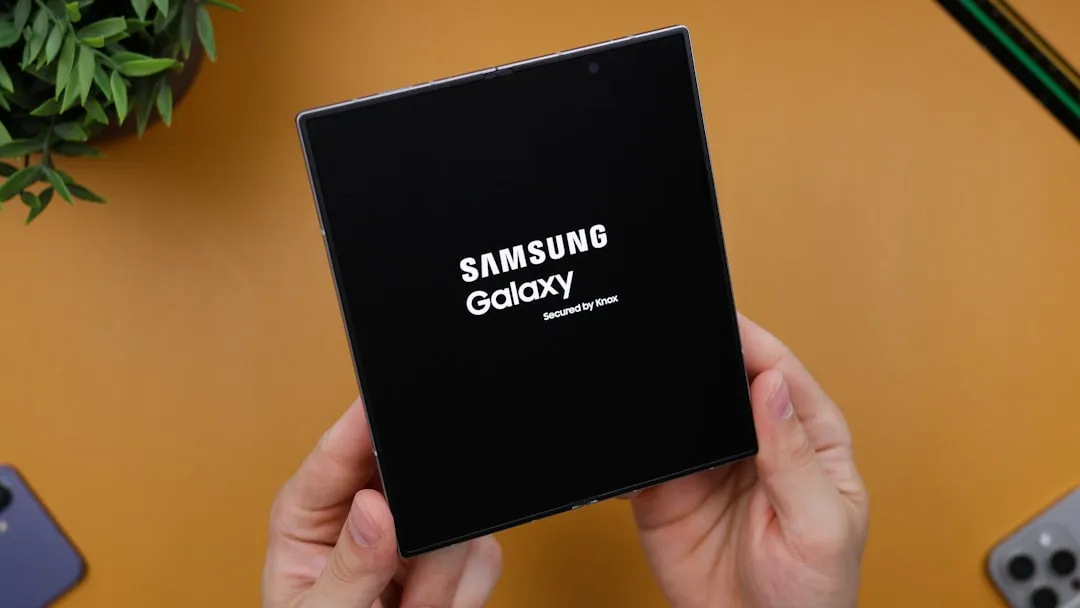
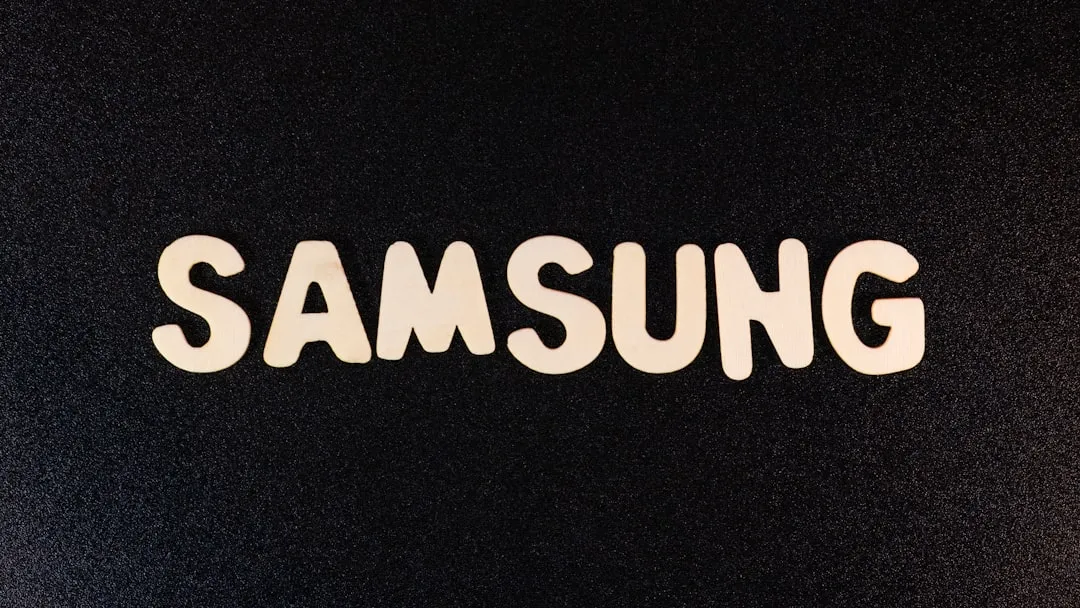





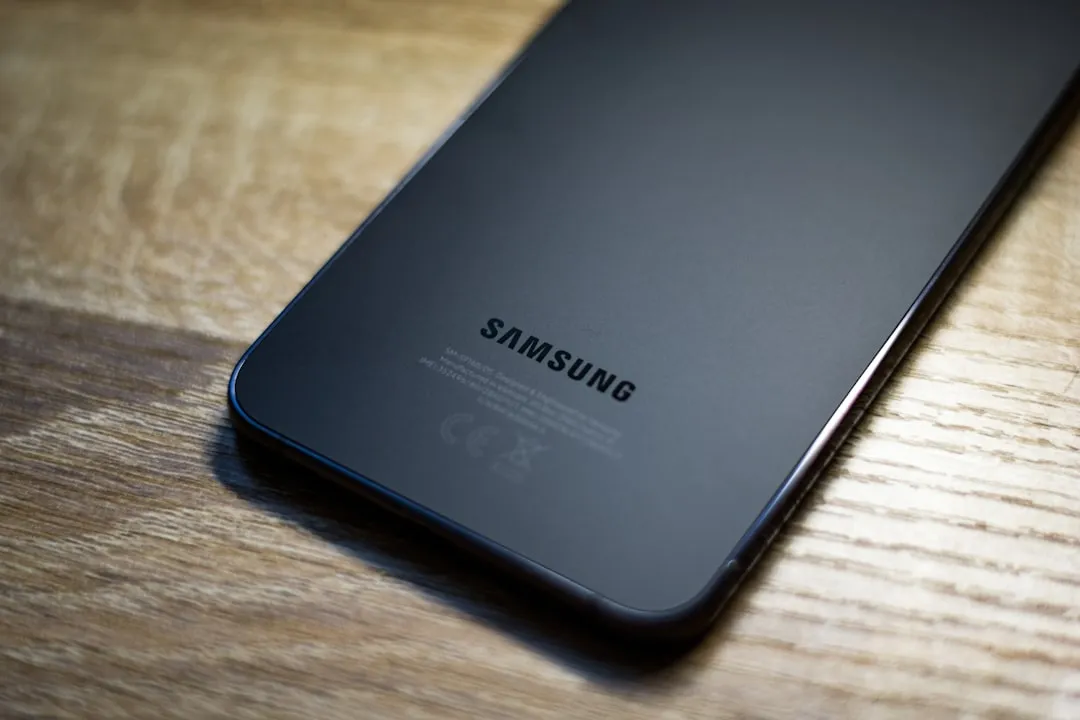



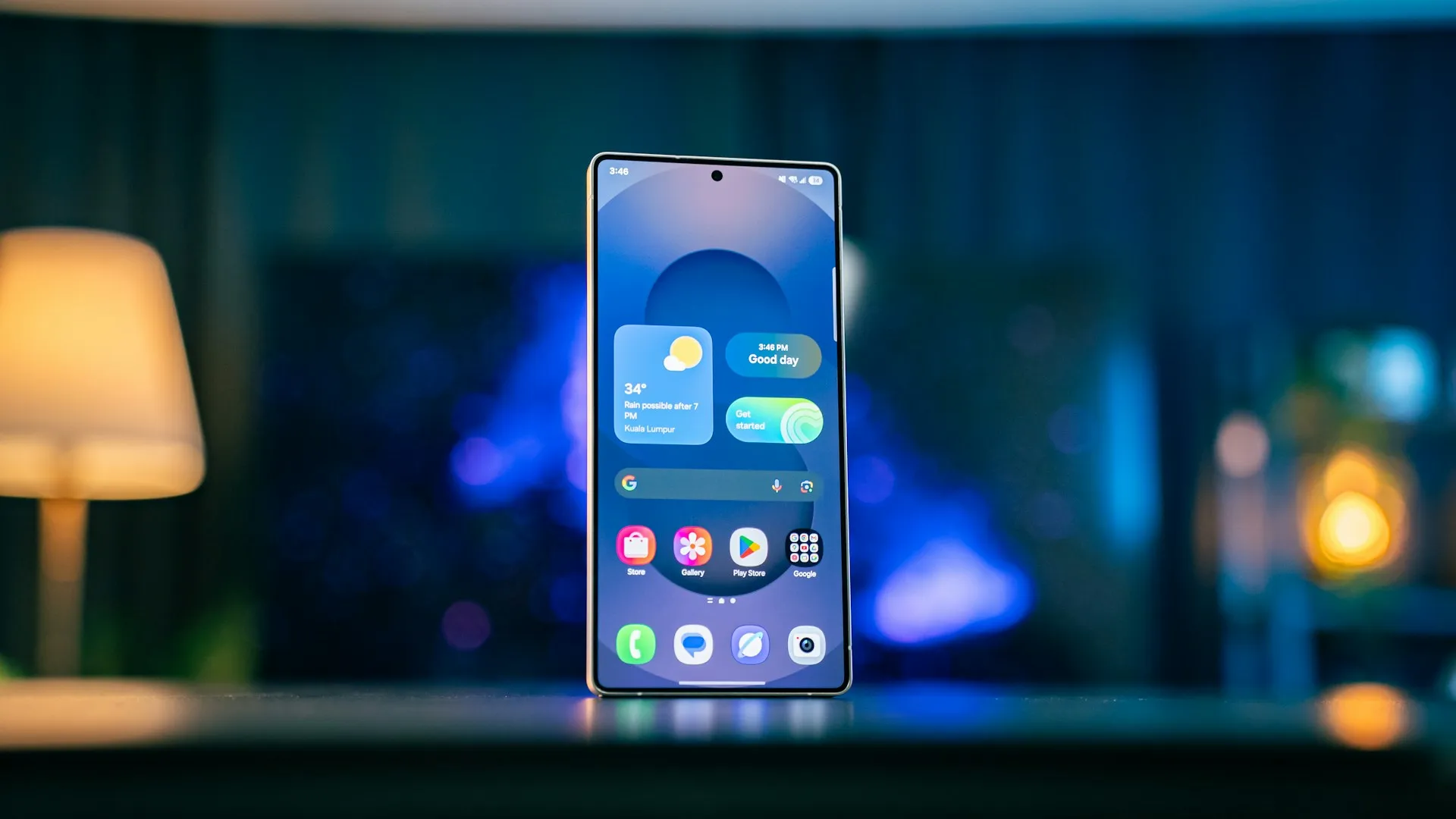


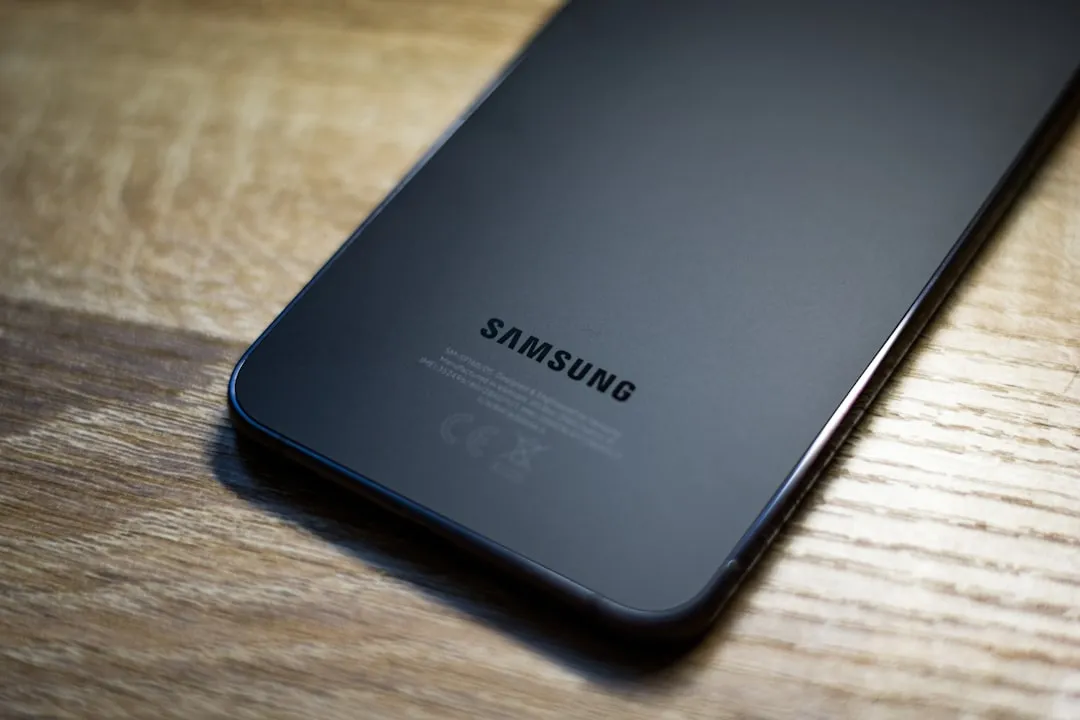
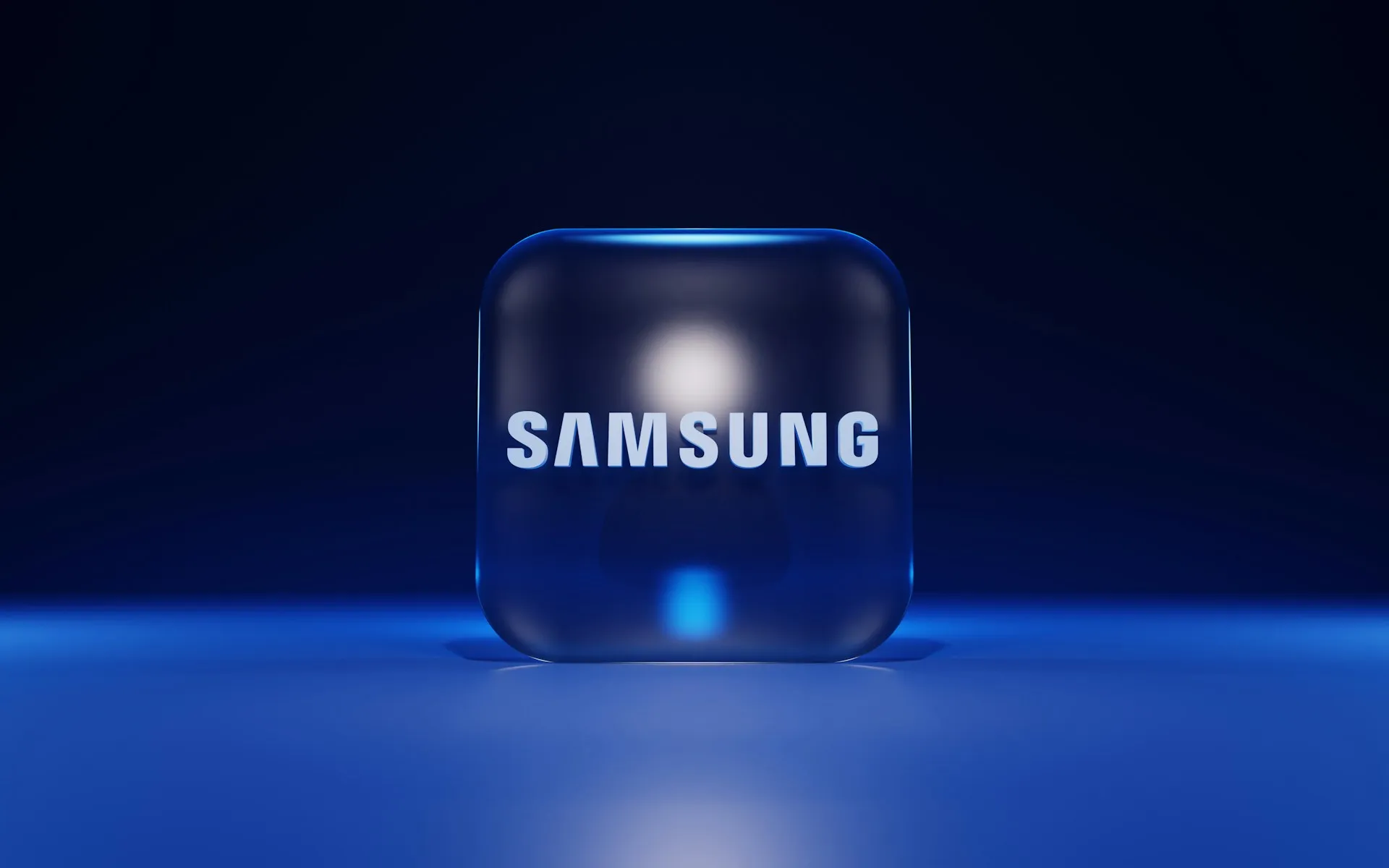

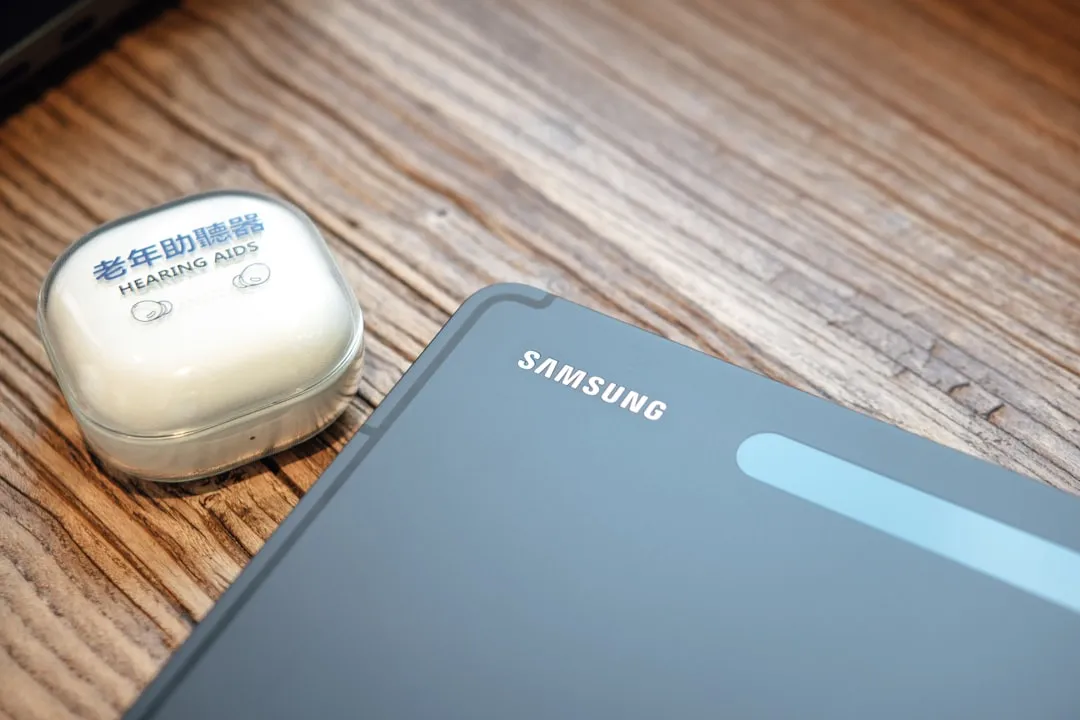

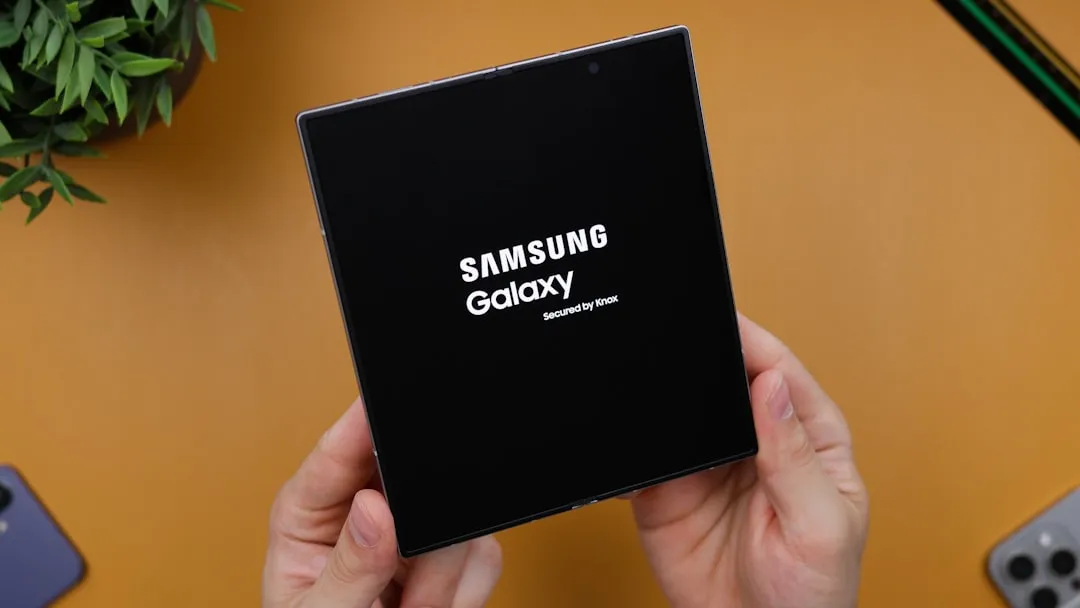
Comments
Be the first, drop a comment!